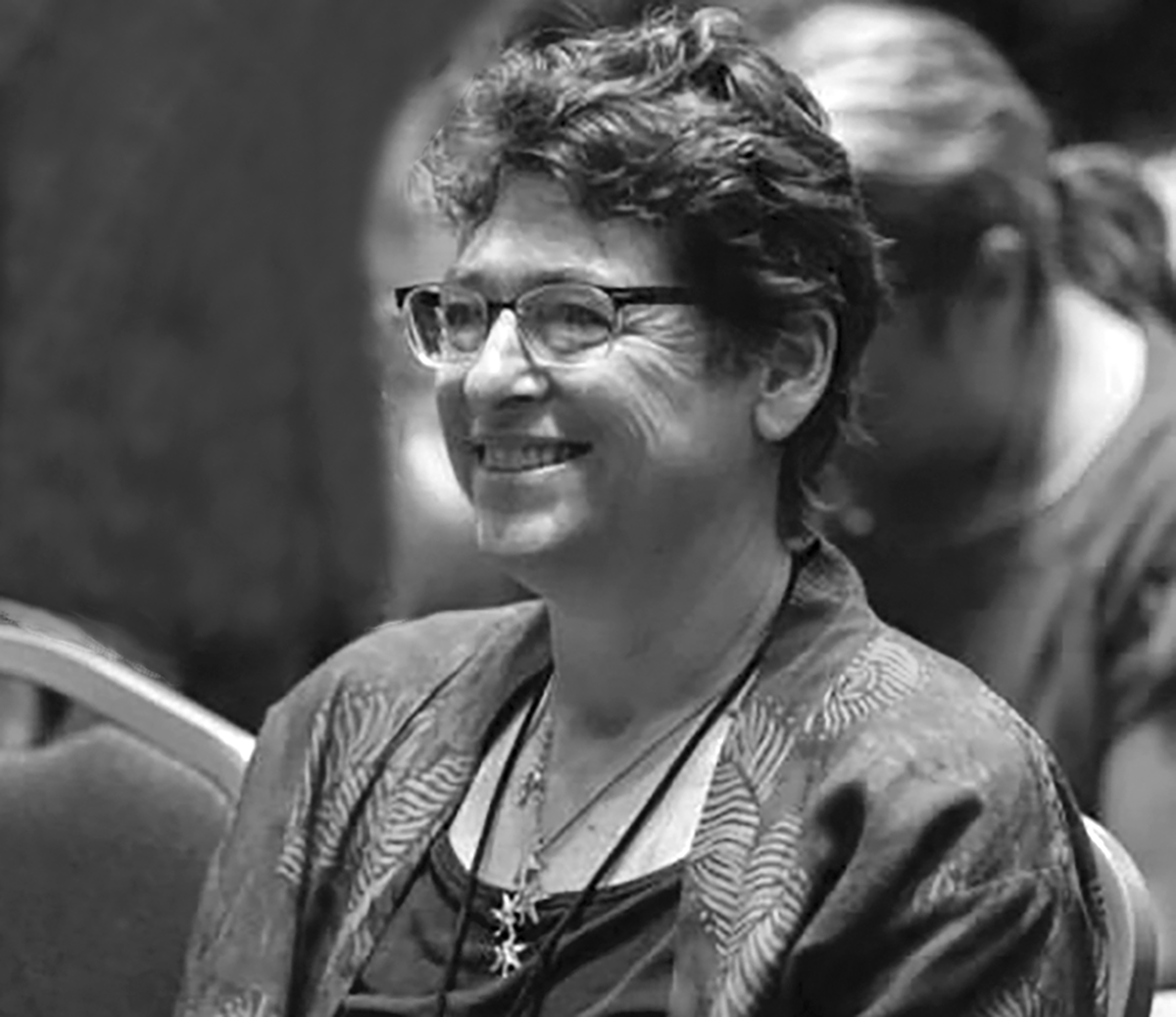
by Judith Raiskin, Associate Professor, Department of Women’s and Gender Studies and Alison Gash, Assistant Professor, Department of Political Science
That gays and lesbians are increasingly raising children is hardly news. Images of same-sex couples navigating the complexities of family planning and parenthood are now a mainstay of popular media in sit-coms and films such as The Fosters, Modern Family, and The Kids Are All Right. The parenting capabilities of gay and lesbian parents have also played a starring role in a range of gay rights policy arenas—most recently and notably the polarizing debate on same-sex marriage. Opponents to same-sex marriage argue that states have an interest in preserving the optimal environment for child-rearing and, therefore, have a valid reason for limiting marriage to heterosexual couples. In response, marriage equality advocates have marshaled evidence demonstrating the capacity for same-sex couples to parent. Experts have cited a multitude of studies showing that the children of gay and lesbian parents do not fare any differently than those who are raised in heterosexual households. These studies have figured prominently in federal same-sex marriage cases and will likely soon influence the outcome of any U.S. Supreme Court decisions about the constitutionality of state-level bans on marriage for gay and lesbian couples.*
Despite heightened public interest in their parenting, however, gay and lesbian parents contend with an ambivalent or uncertain legal and social environment for raising their children. While some states permit same-sex couples to marry and, therefore, receive the same parenting benefits granted to heterosexual married couples, many lesbian and gay parents reside in states where the marriage question is still contested and where they remain legal strangers to their children. Even in states that acknowledge marriage equality, progress has been slow. In some, the parenting laws have yet to catch up with the marriage laws. In others, implementation or compliance lag far behind.
Public attitudes are equally tenuous. Although, according to most public opinion polls, over 50 percent of the public now supports same-sex marriage (and slightly more approve of same-sex adoption), this support varies considerably among individuals and communities. Aggregate measures of public support do not predict how gay and lesbian parents will be treated when accessing institutions that are fundamental to their parenting.
During this time of both rapid transition and heightened public scrutiny, we have conducted over 100 in-depth interviews with same-sex parents across the country to assess how the combination of legal and social ambiguity and public scrutiny shapes their parenting decisions and experience. Our parent participants represent the first two generations of lesbians and gay men to openly and intentionally have or raise children together during what we refer to as the “transition to tolerance”—the period from 1985 through 2013 when gays and lesbians increasingly received support and recognition from legal institutions to parent their children while being open about their sexuality. Our research asks how people exercise their rights and responsibilities within an environment marked by significant legal confusion and social apprehension. In an unstable or uncertain policy environment, how do people understand their options and make decisions?
The parents we interviewed are not passive observers of legal change. Instead, through the act of parenting, they are visibly demanding that institutions and administrators accommodate, or at least acknowledge, an alternative to the heterosexual-married-two-parent ideal. The mere fact of same-sex parenting forces those who work directly with children and families to determine whether they will accept lesbians and gay men as parents and how they will respond to their children. Our research shows that when they attempt to fulfill their parental obligations, lesbian and gay parents must first prove their parenthood—often in venues that are the most resistant—and they must do so repeatedly throughout the life of their child.
We heard many stories of parents struggling with state bureaucracies in order to secure vital records such as birth or death certificates or medical records that correctly reflect family ties. As they engage with teachers, doctors, administrators, and numerous other institutional actors to educate their children and keep them healthy, these parents eloquently describe their assertions to the right of parenthood in the face of misrecognition or denial of their family formations. In both the public social sphere of the state and community and the private space of their extended families, lesbian and gay parents must be accepted as parents in order to perform the activities expected of parents; at the same time, as they perform those activities in their own terms the mothers and fathers we interviewed claim the space and identities of parenthood. Because they are denied the presumptive parenthood accorded to heterosexual couples, lesbian and gay parents’ parenting activities are at once unremarkable and generative of new definitions of family and parenthood.
—Judith Raiskin, associate professor, UO Department of Women’s and Gender Studies, received a 2014 CSWS Faculty Research Grant for “Parenting without Protection: How Legal Instability Influences LGBT-Headed Households.” Her research partner, Alison Gash, is an assistant professor in the UO Department of Political Science.
* Editor’s Note: A landmark U.S. Supreme Court ruling that made same-sex marriage legal in all fifty states was handed down on June 26, 2015, soon after this article was submitted for publication.

